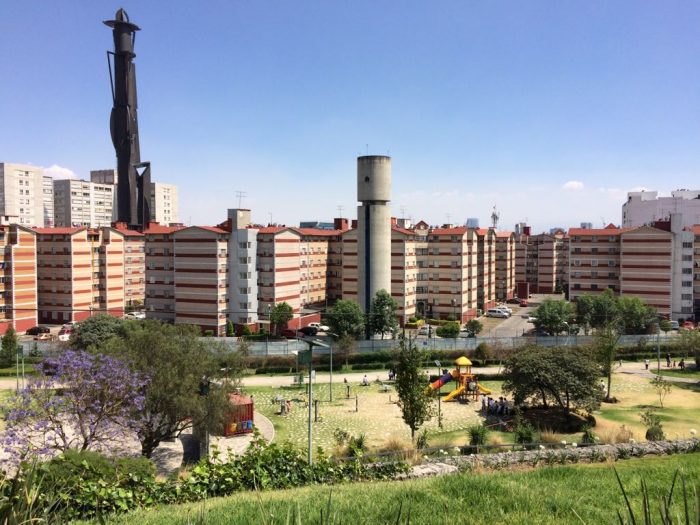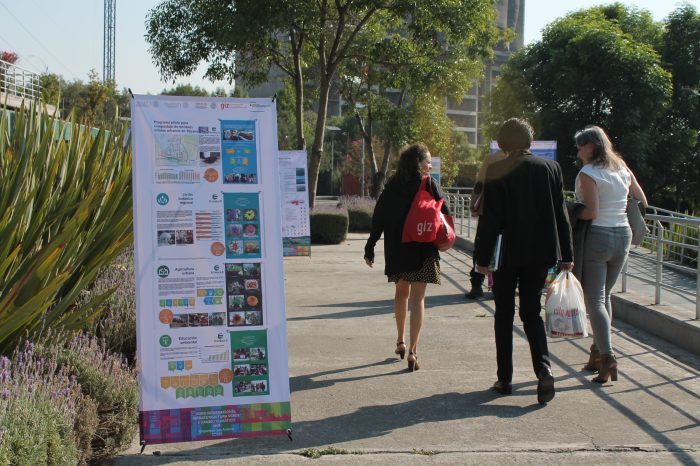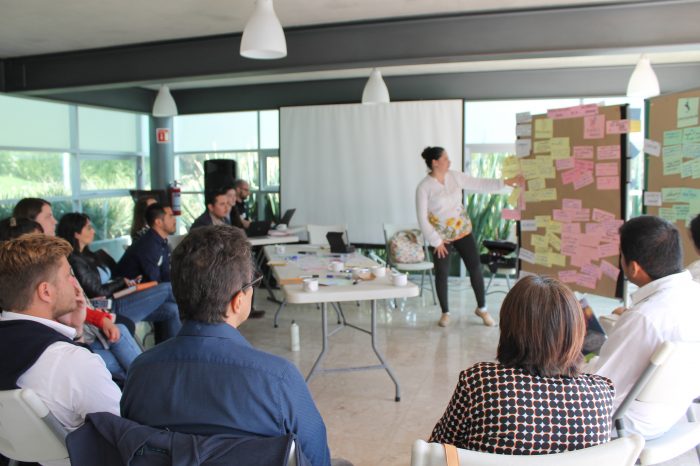Green infrastructure is an element with the potential to trigger holistic planning. It has been identified as an effective strategy to face the challenges of climate change in cities, thanks to its integrating nature of different urban functions and its multiple environmental benefits.
Common reflections and the exchange of experiences at the Green Infrastructure and Climate Change Forum were the basis for preparing the roadmap, which seeks to guide efforts to contribute to the effective implementation of green infrastructure projects, with the purpose of converting it into a common practice in Mexican cities.

The concept of green infrastructure has begun to enter government agendas very recently and is therefore still lacking a homogeneous conceptual framework. In order to build a common reference framework, different national and international actors gathered, who have experience in the topic.
On the first day of the forum, presentations of different experiences, visions and projects were given. During the second day, three work tables were held: green streets, biodiversity and urban ecosystems, and green infrastructure in urban development. At these work tables, the benefits that green infrastructure provides to cities were discussed, as well as the role of each sector in the different stages related to the project cycle.

The event was attended by over 70 people, including actors from local and federal government, private sector, academy and civil society organizations. Additionally, about 50 people followed the online transmission.

The event was organized by the Climate Protection Program in the Urban Policy of Mexico (CiClim), the Secretariat of Agrarian, Territorial and Urban Development (SEDATU) and the Secretariat of Environment and Natural Resources (SEMARNAT). It took place on 22th and 23th of March at the San Antonio Urban Biopark. The park is located in an area which is in the process of reconversion and redensification on the site of a former cement factory. It is a clear example of how green infrastructure contributes to the balance between natural and constructed spaces, providing an open space for public use with multiple social and environmental benefits for the area.
The CiClim project is implemented by the Deutsche Gesellschaft für Internationale Zusammenarbeit (GIZ) GmbH and forms part of the International Climate Initiative (IKI) of the German Federal Ministry for the Environment, Natural Conservation and Nuclear Safety (BMU).
